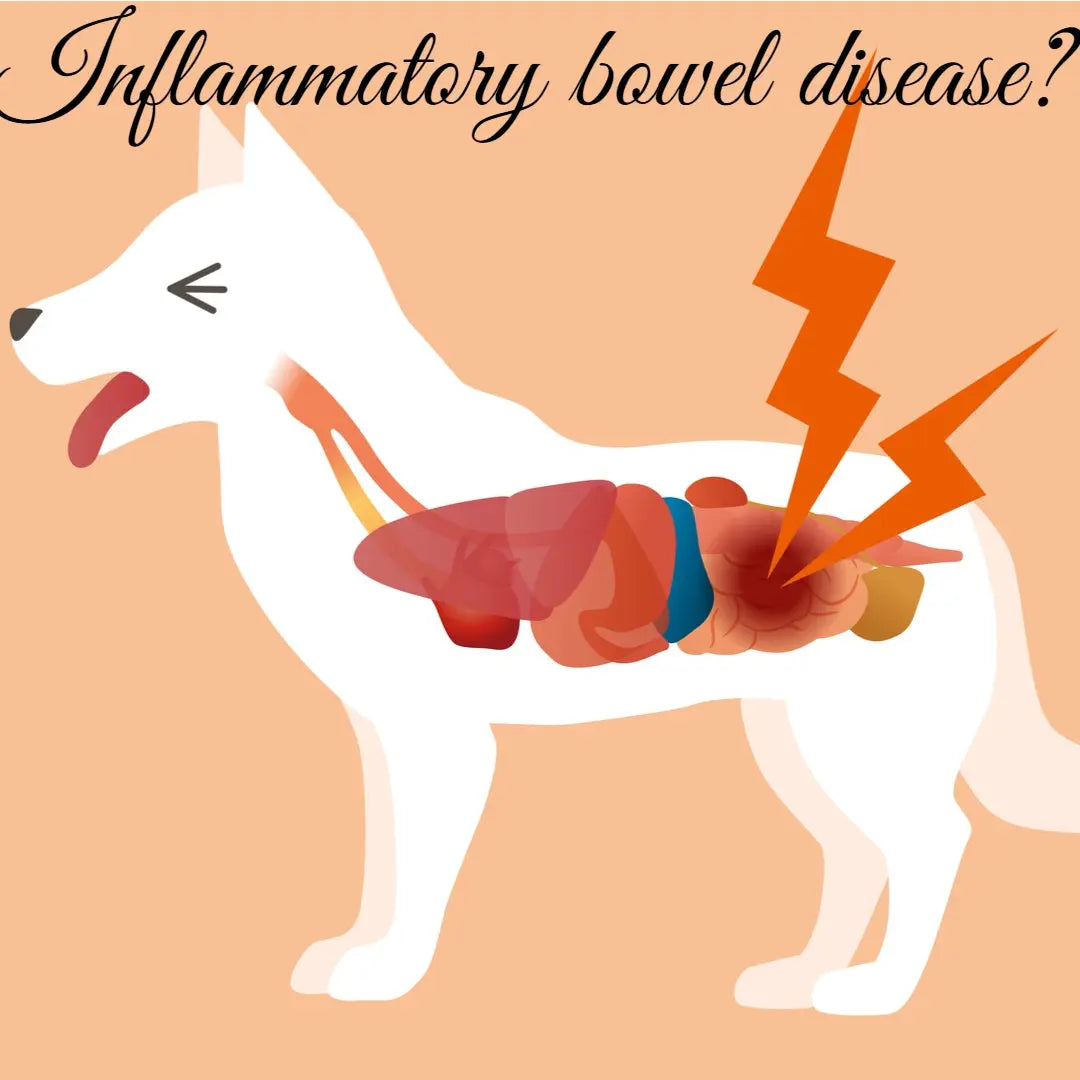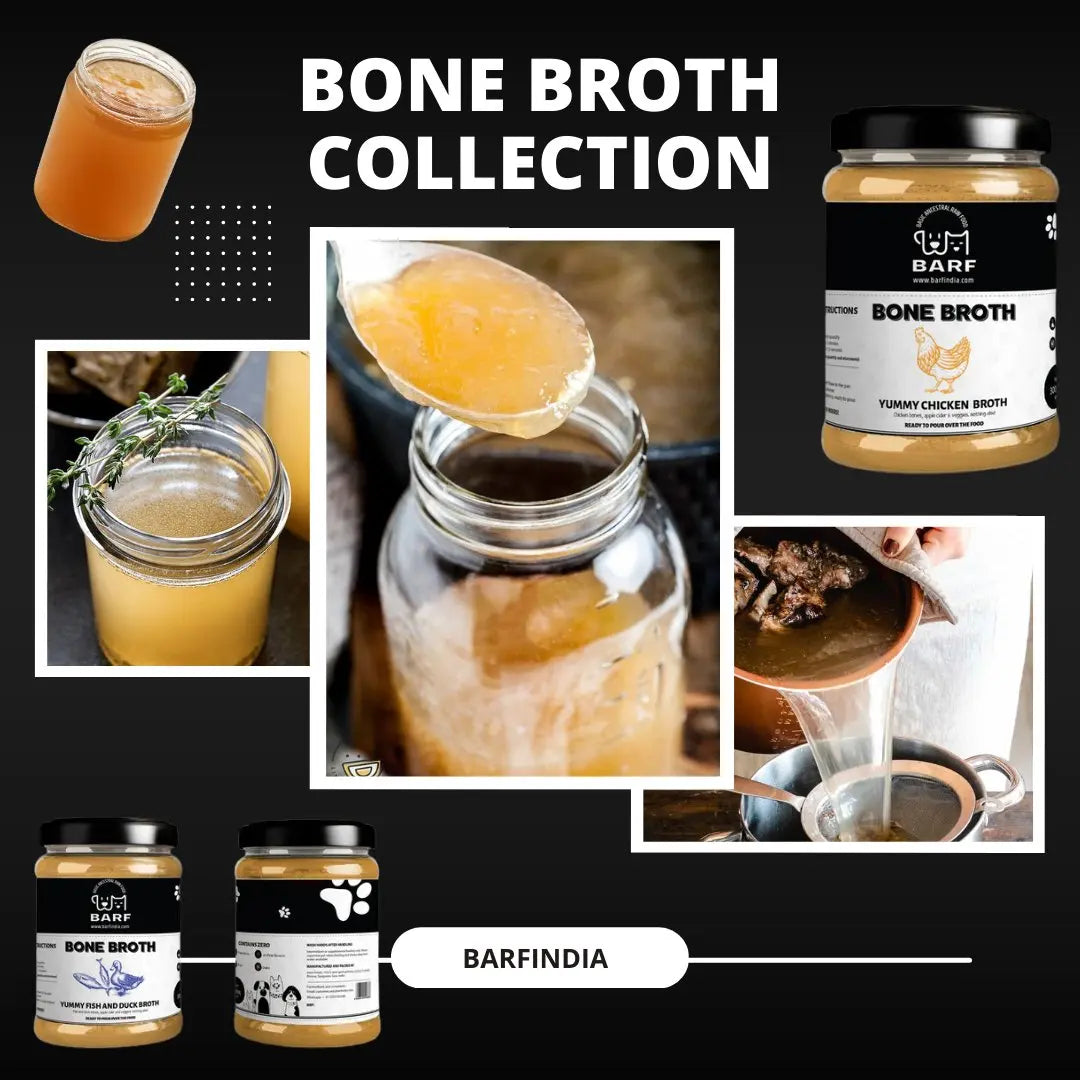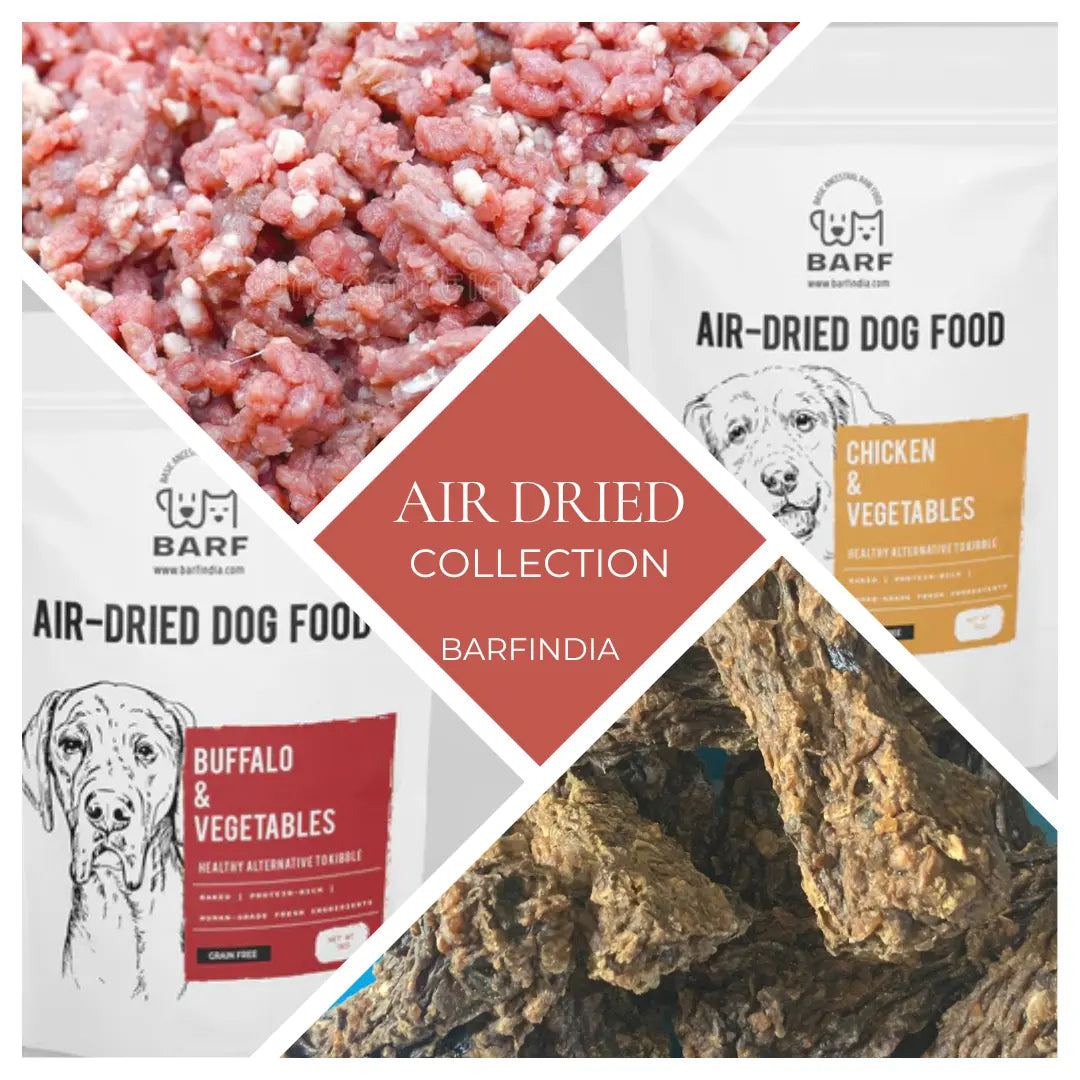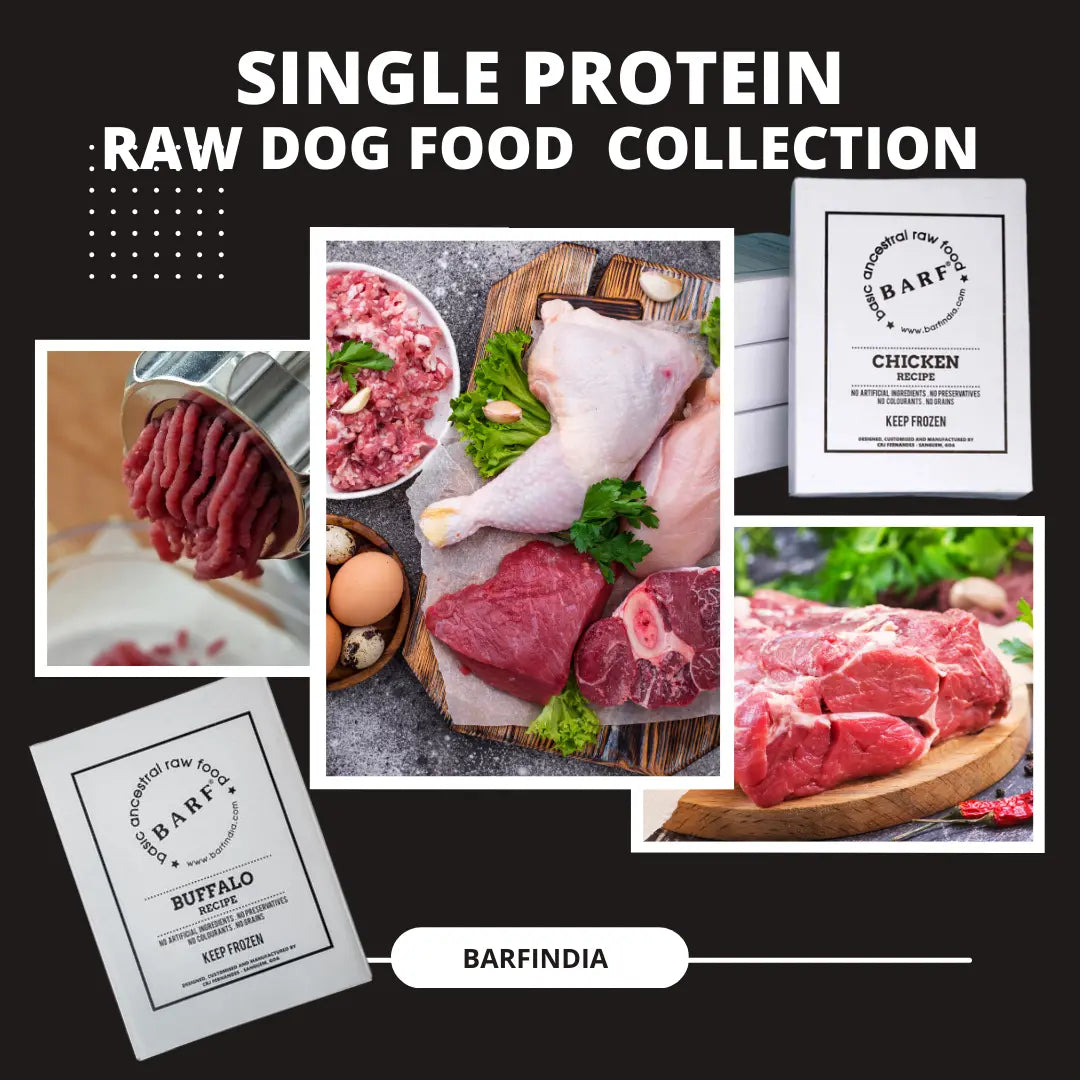
Could your pet be suffering from inflammatory bowel disease?
B.A.R.F. India AdministratorCould your pet be suffering from inflammatory bowel disease?
As pet parents, we are attuned to the slightest changes in our furry companion’s health and wellbeing. But sometimes, we tend to pass off some things as not being serious. Take, for instance, rapid weight gain, or regular vomiting. You might think your dog is just getting lazy, or in the case of the latter, you might put it down to some indigestion. However, these conditions could also be symptoms of a more serious prevailing condition: inflammatory bowel disease. Inflammatory bowel disease (IBD) is usually the reason for prolonged diarrhea and vomiting in dogs and cats even. It’s not just the discomfort of the relentless symptoms that is bad; pets suffering from IBD have also been seen to suffer from substantial nutrient deficiencies. It is usually older pets who suffer from IBD, but pets younger than two years are not entirely immune to it either.
Understanding Inflammatory Bowel Disease in Dogs
Understanding IBD
Let’s begin by understanding IBD. Pets suffer from inflammatory bowel disease when their small intestines, or the mucosal lining of it, is prone to irritation due to the presence of a larger than normal amount of inflammatory cells. The presence of these abnormal numbers affects the mucous lining’s ability to digest and absorb food naturally. The result is diarrhea or vomiting, depending largely on which part of the digestive system has been affected. In case the stomachs or upper intestines are affected, your pet will be prone to vomiting, and if the lower digestive system is affected, you will notice chronic diarrhea. How do you distinguish digestive upsets from inflammatory bowel disease? Watch out for these signs and symptoms and you can believe that your pet could be suffering from IBD:
- Chronic diarrhea
- Prolonged vomiting
- Fatigue or lethargy, usually because of a poor appetite
- Excessive gas or flatulence
- Rapid weight loss
- Signs of blood in your pet’s stool
- Rumbling sounds from the stomach
- Abdominal pain
- Lackluster coat
While these symptoms could also indicate other conditions, when they become chronic is when the probability of your pet suffering from inflammatory bowel disease is high.
What causes IBD?
Is there something that causes a dog to suffer from inflammatory bowel disease, while not affecting another? Much research has been done on this subject, but there hasn’t been a single conclusive cause for IBD. Many veterinarians believe that potential causes could include parasites, bacteria, food allergies, and even a non-functional or poor immune system. Among the food allergens that could cause inflammatory bowel disease are milk proteins, the gluten in wheat products, artificial coloring, food preservatives, and certain meat proteins as well. Genes are also thought to cause IBD in a pet. Since there is no one specific cause, vets often have to treat each case individually, while trying to determine the underlying reason for the condition through customized treatment.
Diagnosis of IBD in dogs and cats?
As soon as you suspect that your pet is suffering from IBD, you should visit your vet at the earliest. Besides asking for a detailed history of your pet and the symptoms, the vet could conduct a blood, stool, and urine tests. Your vet might even recommend carrying out a food test using a hypoallergenic diet to understand whether it is a food allergy. In some cases, IBD is determined through a biopsy performed on the intestinal tissue. This is usually the last option, as it is invasive and also quite expensive.
What are the conventional treatments for IBD?
Most conventional treatments only take care of the symptoms and don’t go deep to address the root cause of the condition. Most veterinarians put dogs suffering from inflammatory bowel disease on a ‘prescription’ diet. These are usually expensive, specialized hydrolyzed protein diets that are only sold at the vet’s office. The diet works by using synthetically minimized protein which goes undetected by the pet’s body. Your vet might also prescribe an immunosuppressant (a drug which just suppresses lymphocytes), antacids, anti-nausea drugs, and synthetic corticosteroids. These might help ease the symptoms and offer some comfort to your dog, they do not treat the condition. You might be required to medicate your dog for a long time or even for the rest of its natural life if you opt for a conventional IBD treatment.
Have you considered treating IBD with a raw diet?
Understanding that dogs and cats are carnivores and feeding them on a diet that’s suitable for them is the first step towards treating their condition. A raw diet restores your pet’s digestive system’s physiological balance. While there is no study that shows that a raw diet ‘cures’ IBD, feeding dogs and cats a high quality (human grade, unadulterated), fresh meat-and-organ based diet that their digestive systems are meant to metabolize, helps those systems return to their physiological balance. Pets suffering from gastrointestinal conditions take to raw diets quite well, and once they transition fully, you will not even need supplements to maintain their health or to reduce inflammatory bowel disease symptoms. As with any new diet, start slowly. Make the switch from processed food to cooked food if your pet has been diagnosed with severe inflammation. As the symptoms reduce, you can reduce the cooking times to eventually graduate to fully raw food. It might take some time for symptoms to subside even after you have removed all irritants from your pet’s diet. Be patient.
Conclusion:
When choosing raw food for your pet, choose one with all the right nutrients. Have you tried the B.A.R.F. diet yet? Contact us today to know more about the food options for your pet.





